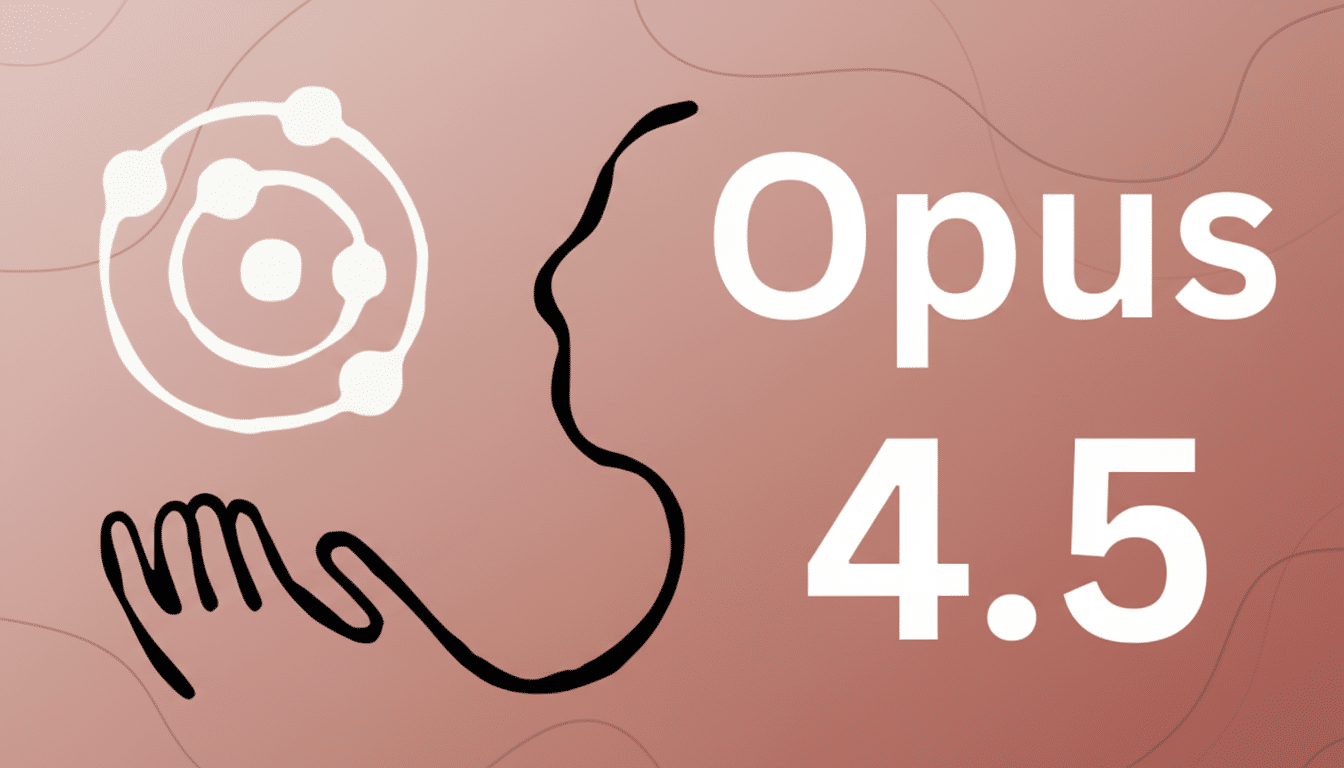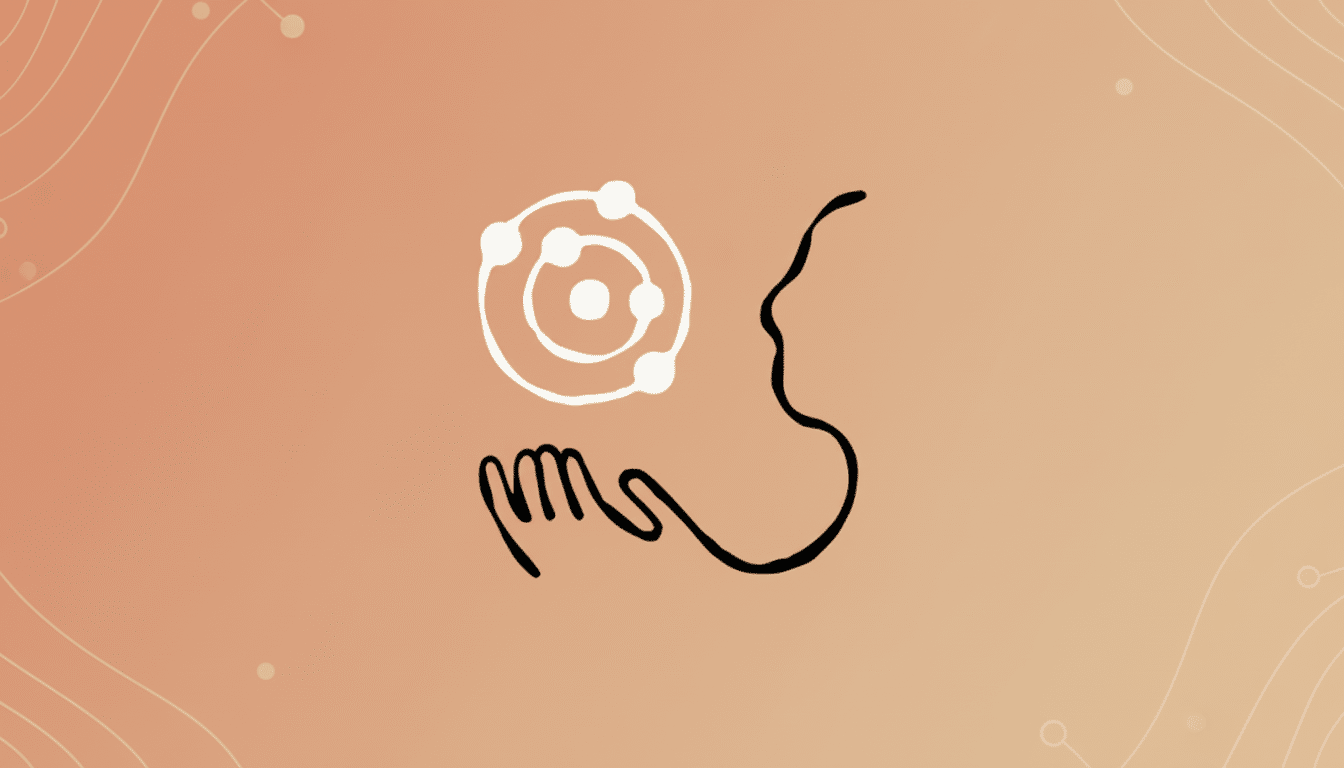Anthropic has delivered its new flagship model, Claude Opus 4.5, which is squarely designed for high-volume coding workflows and AI agent orchestration. But beyond — way beyond, as you’ll see below in the Raw Performance section — this release continues a trajectory of pragmatic improvements across all net-new coding assistance fronts (like integrations with browsers or spreadsheets), and long-horizon memory to comfortably keep active projects loaded up without making project teams bounce in and out every few hours just to reestablish context.
These early signs indicate a meaningful advance for code reasoning. And according to TechCrunch’s report, Opus 4.5 is the only model that crosses beyond 80% on SWE-bench Verified, a stringent benchmark compiled from actual GitHub issues and test suites. That crossing-the-chasm moment is significant: it indicates the model can accommodate a bigger slice of end-to-end software work without extensive human scaffolding.

Benchmark Gains and Real-World Coding Improvements
SWE-bench Verified is slowly being adopted across software engineering as a kind of stress test: because you have to come up with diffs that the tests actually pass, not just plausible-looking snippets. Having that 80% mark crossed means there’s just a bit stronger planning, tool-using, and bug-finding — all things you want from your developers and things that, in turn, can frequently mean less back-and-forth with the development team.
In action, this could be Opus 4.5 being better at triaging a problem, understanding the repository structure, and proposing a patch or providing Internet-enabled changesets with a commit-ready explanation. Teams that use AI pair programmers often monitor two metrics: the intervention rate — how often a person must stop and take over the machine’s work — and time-to-merge. A step up on SWE-bench Verified translates to improvements in both.
Claude Code Gets Smarter with Planning and Follow-Through
Anthropic is combining the model upgrade with changes to Claude Code. The company claims this mode now creates more accurate multi-step plans and follows through on them more completely. That’s valuable when you’re working across dependency analysis, multi-file refactors, and test authoring — all places where naive autocomplete tools have trouble.
The desktop app gives you multi-session support, so users can run parallel workstreams. One pragmatic workflow: designate one agent to reproduce and fix a flaky test while another explores similar problems and pull requests on GitHub. This agent-level concurrency can shave minutes off each iteration for a developer who already parallelizes tasks using terminals and tabs.
Browser and Spreadsheet Integrations Expand Claude Tools
Anthropic is also broadening availability of Claude for Chrome and Claude for Excel. Users can instruct Opus 4.5 to perform concurrent tasks in the browser like summarizing several tabs, pulling out structured data, or writing follow-up emails — while they browse elsewhere. This minimizes context switching and copy-paste overhead for ops, support, and research teams.
Within spreadsheets, the Excel integration targets what the company calls “the long tail of manual analysis”: cleaning imports, creating formulas with explanations, validating totals against source documents, and flagging outliers. Queuing up parallel sub-tasks — reconciling a ledger while drafting a pivot-based summary, for example — serves Opus 4.5’s multitasking tools just fine.

Longer Memory and Persistent Threads for Ongoing Projects
New in 4.5 is an expanded memory that helps users open a conversation and keep it going forever. Instead of being in the business of hard resets, Claude now recaps past context to sustain continuity as projects stretch for longer periods, more true to how real-world work develops over weeks rather than hours.
This practically means that you can come back to a product spec, a dataset, or an audit of the codebase even days after and know exactly where you were — you’ve dealt with the trade-offs before; you asked yourself those questions and made some decisions which are remembered by the model.
Teams should also continue to practice good hygiene: pin their key decisions, verify model-generated summaries and production artifacts, and version control these critical artifacts so that they don’t drift.
What This Release Means for Engineering Teams and Builders
By using stricter coding standards, planning smarter, and integrating it more deeply, we end up with Opus 4.5 that is not so much of a bot per se but an efficient collaborator that can handle multiple related tasks at once.
For engineering leaders, the short-term playbook looks like this:
- Pilot on internal repos.
- Measure suggestion acceptance and lead time.
- Scale to CI-assisted patching with guardrails.
For business users, the Chrome and Excel enhancements are the silent force multiplier. If parallel tasking shaves just a few minutes from repetitive workflows — say tab triage, cleaning up data, making reports — the accumulated value over a quarter is sizable. As is always the case, compare with your benchmark headlines and your ground truth; do a side-by-side production run with accuracy, latency, and human-in-the-loop effort monitoring.
The headline is that Claude Opus 4.5 pushes the upper limit of autonomous, tool-using AI while smoothing out the day-to-day: multi-session collaboration, long-memory conversations, and integrations where people already work. If your bubble uses the SWE-bench Verified jump, you should see more wide-ranging shifts from autocomplete to true agentic workflows on the other side.

